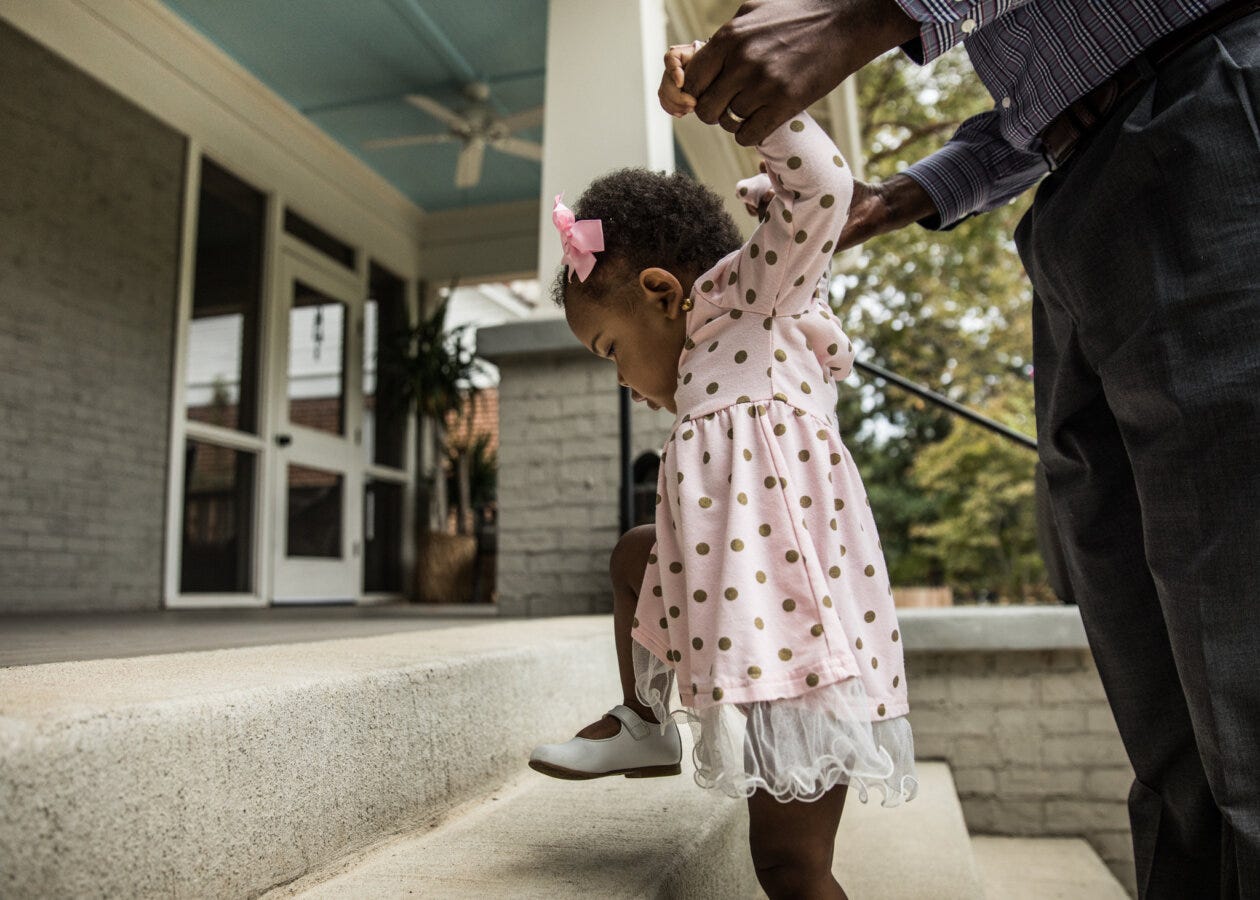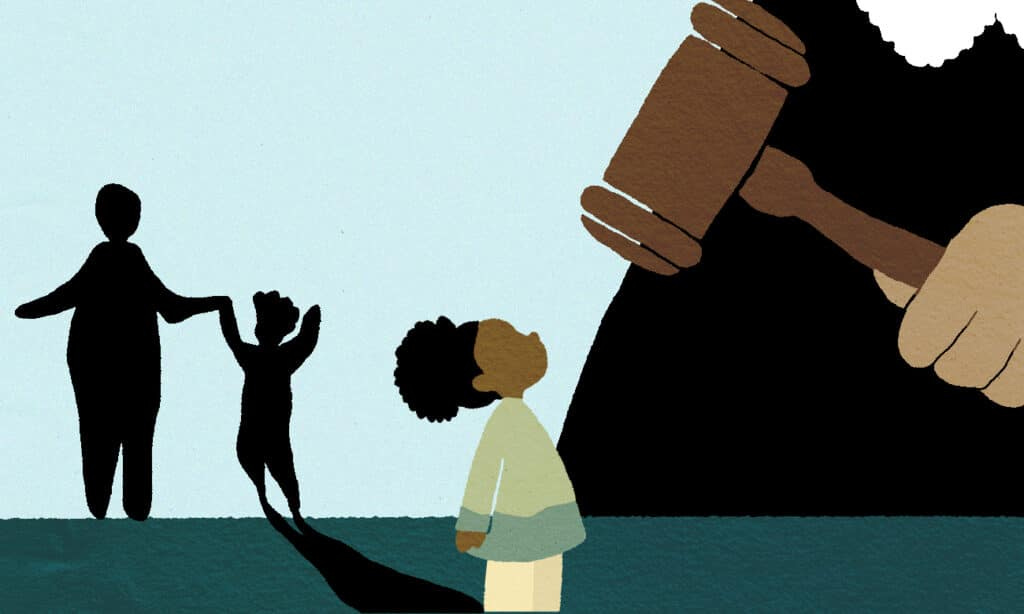Exclusive | “You Black men don’t stay in marriages”: judge’s remark appears in new review exposing racial bias across family courts
Government-commissioned research reveals discrimination, disbelief of abuse concerns and a system many parents described as "traumatising"
Black, Asian and minority ethnic parents are being disbelieved, stereotyped and placed at risk in England and Wales’ family courts, according to a new government-commissioned review that has gone unreported for a month.
The review draws on dozens of interviews with parents involved in private family court cases where child abuse was alleged and examines how the legal presumption that children benefit from contact with both parents is experienced in practice.
Parents described the system as frightening, confusing and unsafe, with cases dragging on for months or years and little clarity about how decisions were made.
Despite the significance of the findings, the race strand has received no national news coverage and it highlights wider patterns of racial bias in the family courts that go beyond the original focus on the presumption.
The Race Equality Foundation, which co-authored the report, told Black Current News the evidence reveals “systemic racial bias” across family courts and urged ministers to commit to deeper reform.
The findings come as the government pledged to repeal the long-standing legal presumption referenced above.
‘We were not believed’
This race-focused report forms one strand of a wider Ministry of Justice review examining the presumption of parental involvement across family courts.
Thi strand highlights that Black and Asian mothers who raised child sexual abuse concerns felt their children’s disclosures were not taken “at face value” and that they, themselves, were treated with suspicion. One mother recalled being told the alleged perpetrator “doesn’t look like a paedophile”.
Parents said racial stereotypes shaped how they were viewed.
A Black Caribbean father described the judge’s opening remark to him: “You Black men don’t stay in marriages.”
Another Black father, who is tall, said he felt he had to “control” his behaviour in court to avoid being seen as intimidating, validating stereotypes and assumptions of Black men being dangerous.
“It’s very easy to call somebody like me intimidating,” he said. “I think that’s where the race comes in.”
How the courts work and where the problems lie
The family court decides where a child lives and who they spend time with.
While a child’s welfare is meant to come first, judges must also apply the presumption of parental involvement, which assumes a child benefits from both parents unless there is evidence of harm.
Parents in the study said this presumption was rarely explained, yet heavily shaped decisions - even in cases involving domestic or sexual abuse.
Children who expressed fear or distress about contact were sometimes disregarded.
In one case, a child who disclosed abuse was still made to accept cards from the alleged perpetrator and became physically sick with stress.
Parents called for clearer information about the process, better training for judges and professionals on trauma, coercive control, child sexual abuse and race, plus greater weight to children’s voices.
They also warned that ‘parental alienation’ must not be used to silence abuse concerns.
Government response and planned reforms
The Ministry of Justice says it is considering the race review’s findings.
On 22 October, the same day the report was published, ministers confirmed the presumption will be removed from the Children Act 1989.
Deputy Prime Minister David Lammy said the repeal “sends a clear signal” that children’s safety must come before assumptions about contact.
The government is also expanding “Pathfinder” courts, designed to improve early assessment of risk and reduce adversarial hearings, with more regions expected to adopt the model by spring 2026.
Race Equality Foundation response
The Race Equality Foundation said repealing the presumption of parental involvement is a welcome step but “does not resolve the systemic racial bias that continues to endanger Black, Asian and minoritised families in the family courts”.
Tracey Bignall, the foundation’s Director of Policy and Engagement, told Black Current News that the findings show parents were “placed at significant risk” with harmful behaviour sometimes dismissed as “cultural norms” and ethnic stereotypes distorting how cases were handled.
“We are clear: While one harmful policy has been addressed, the underlying institutional racism that causes this trauma remains,” Ms Bignall said.
The foundation is calling for deeper reform, including robust anti-racist and trauma-informed training and clearer communication with families.
What this means for families
When approached by Black Current News, the Ministry of Justice did not offer a specific comment on racial disparities highlighted in the report.
Officials referred to the standard press lines issued on 22 October and said they could not comment on judicial behaviour, suggesting we contact the judiciary.
The judiciary operates independently from the Ministry of Justice, so it considers any concerns about judicial conduct under its own processes rather than through government departments.
The judiciary declined to comment. While it does not discuss individual cases, the guide to judicial conduct warns judicial office holders against stereotyping people and encourages them to be fair.
Read the full report here.




